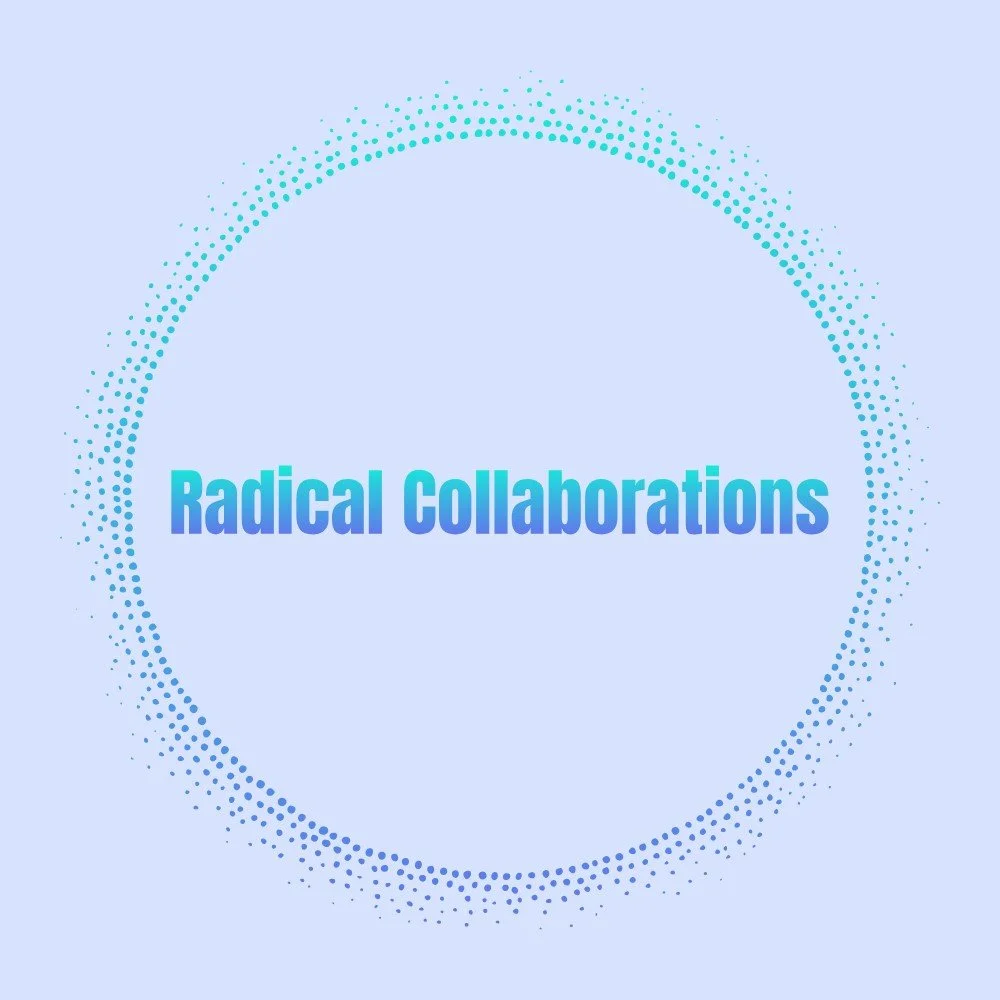
The Performative Power of Vocality (Routledge 2020 - Open Access)
Frontispiece: Pow Wow Singers by Daphne Odjig (1987)
American Theatre and Drama Society Book Award Honorable Mention
“Radical, innovative, and thought-provoking, . . . valuable to both researchers and artist-scholars committed to the decolonization of vocality, it will serve as an important model for a new way forward in the field of voice studies.”
Shannon Holmes, Voice and Speech Review
I am a French citizen of Occitan ancestry [link and link], I hold a Ph.D. in Theatre from the University of California, where I also was a Postdoctoral Faculty Fellow in Anthropology. I am a Full Professor at the University of British Columbia’s Okanagan Campus [link], located on the traditional, ancestral and unceded territory of the Syilx (Okanagan) people [link]. My interdisciplinary research spans the fields of performance studies, cultural anthropology, qualitative research, arts-based inquiry, and Indigenous epistemologies and methodologies.
I am currently co-leading the international research project “Radical Collaborations: Transformative Eco-Cultural Practices for Collective Healing and Renewal” with Syilx scholar Bill Cohen (UBC) [link] and Hawaiian scholar Manulani Aluli Meyer (U of Hawaii) [link]. This project, funded by the Social Sciences and Humanities Research Council of Canada (SSHRC), fosters language revitalization and cultural resurgence in the Okanagan (Turtle Island), Hawaii (Oceania), and Occitania (Southern Europe) by honouring and integrating the expertise of Elders and Traditional Knowledge Keepers, as well as native and fluent speakers of Nsyilxcǝn, ʻŌlelo Hawaiʻi, and Occitan, three critically endangered languages, while forging transnational alliances between communities with diverse lived experiences and worldviews.
Given the interrelation of colonial history, environmental degradation, and the unsustainable neoliberal model of global capitalism, we conceive of land-based eco-cultural practices as decolonial forms of collective ethical engagement involving human and other/more-than human collaborators and modeling grassroots alternatives to extractive and anthropocentric research methodologies. Our approach is grounded in a holistic understanding of agency informed by the work of several generations of Indigenous scholars who draw from a particularly long history of valuing mutually beneficial relationships binding all forms of life.
Our community partners are the En’owkin Centre, Penticton, BC [link], the Pu‘uhonua Society, Honolulu, Hawai‘i [link], and the Centre international de recherche et de documentation occitanes (CIRDÒC-Institut occitan de cultura), France [link], and our academic partners are the UBC Institute for Community Engaged Research [link], and the University of Hawai‘i – West O‘ahu Center for Engaged Scholarship [link].
I have previously directed four SSHRC-funded projects developed in collaboration with international artists, Indigenous Elders, Indigenous artist-scholars, and Indigenous graduate students, and have co-led the UBC-funded Cluster of Research Excellence in Culture, Creativity, Health and Well-Being with Education scholar Karen Ragoonaden (UBC) [link and link].
I am the author of two monographs, The Performative Power of Vocality (Routledge 2020, Open Access) [link] and Grotowski, Women, and Contemporary Performance: Meetings with Remarkable Women (Routledge 2014, Open Access) [link and link] along with the Meetings with Remarkable Women companion documentary film series (Routledge Performance Archive) [link]. These two books and seven films are based on embodied research and multi-sited fieldwork funded by SSHRC.
As a performance practitioner, I specialize in movement-based performance training, body-voice integration, physical and vocal improvisation, collaborative, solo, and site-specific performance creation, as well as traditional singing. My training is rooted in the experimental approach of influential theatre innovator Jerzy Grotowski [link], and I am especially indebted to the teachings of master-performers Rena Mirecka [link and link] and Zygmunt Molik [link and link], two key founding members of Grotowski’s internationally acclaimed Laboratory Theatre [link and link]. For an example of my participation in the voice-body integration training led by Molik, please see the documentary film Dyrygent featured on the companion DVD of Zygmunt Molik’s Voice and Body Work (Routledge 2010) [link and link]. For an example of my participation in the paratheatrical research led by Mirecka, please see The Dream (2009) which is part of my “Meetings with Remarkable Women” documentary film series (Routledge Performance Archive) [link and link], and I Want to Meet You (2012) [link]. Please also see below my video presentation “Honoring Rena Mirecka’s Legacy.”
My personal commitment to cultural diversity is grounded in a foundational life experience: having grown up in rural southern France in a working class family, I was fortunate to receive at the age of fifteen a merit-based full scholarship to study at Lester B. Pearson United World College of the Pacific, a non-profit institution promoting international understanding through education [link and link]. I was one of two hundred students who had come from more than sixty-five countries to live together for two years in this small global village nestled in the coastal forest of Vancouver Island. I had roommates from India, Argentina, Indonesia, and Canada, participated in community service and creative activities, including performances, and developed life-long friendships with young people from a wide range of nationalities, identities, and worldviews. It was at Pearson College that I became aware of the infinite potentialities that arise when people with different cultural legacies live and learn together. I have since envisioned cross-cultural performance research and pedagogy as a powerful site of encounter, exchange, and collaboration.




